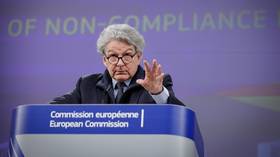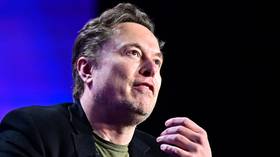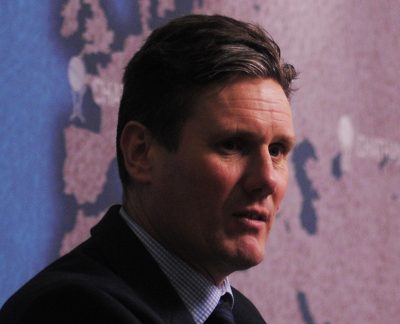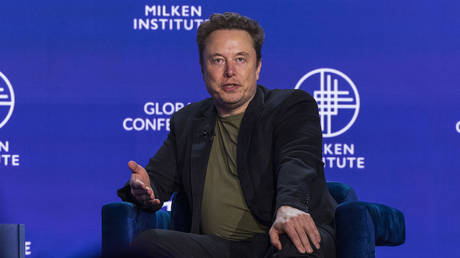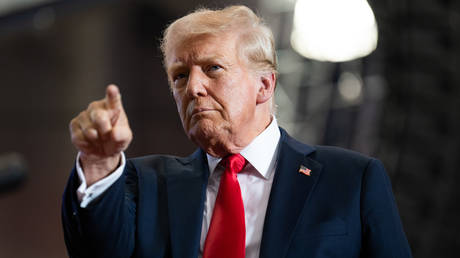Ex-Twitter executive calls for Musk to be arrested
Right-wing content should be suppressed with draconian censorship, Bruce Daisley has declared
Tech mogul Elon Musk should be threatened with arrest and detention if he refuses to censor right-wing content on X, the platform’s former vice-president for Europe, Middle East and Africa has suggested.
In an op-ed published by The Guardian on Monday, Bruce Daisley lamented the free-speech idealism that Musk brought to Twitter when he bought the platform (and renamed it X) in 2022. Before Musk’s takeover, Daisley claimed, Twitter was “joyously good fun to use,” thanks to restrictive policies that stifled “antisocial behavior.”
Musk must now be punished for lifting these policies and allowing right-wing thought to spread, Daisley declared. By allowing users to share content related to the recent riots in the UK, and by posting about the riots himself, Musk has “sowed discord.”
“In my experience, that threat of personal sanction is much more effective on executives than the risk of corporate fines. Were Musk to continue stirring up unrest, an arrest warrant for him might produce fireworks from his fingertips, but as an international jet-setter it would have the effect of focusing his mind,” Daisley wrote.
Furthermore, British regulators should demand that right-wing influencers like Tommy Robinson be “deplatformed,” while “Britain’s Online Safety Act 2023 should be beefed up with immediate effect.”
According to The Telegraph, British Prime Minister Keir Starmer is considering amending the act – to punish social media companies that allow the spread of “legal but harmful” content. The act, which comes into force next year, holds social media companies liable for illegal content posted on their platforms. Drafted by the UK’s previous Conservative government, it was originally set to include a “legal but harmful” clause, but the passage was ultimately pulled after Business and Trade Minister Kemi Badenoch complained that it amounted to “legislating for hurt feelings.”
London’s Metropolitan Police commissioner, Sir. Mark Rowley, announced last week that his officers may charge foreigners for social media posts about the unrest. “Being a keyboard warrior does not make you safe from the law,” he said, naming “the likes of Elon Musk” as potential targets for investigation.
As of Friday, more than 700 people had been arrested and more than 300 charged over their alleged participation in the riots, which kicked off after a teenager of Rwandan descent killed three children and injured ten others in a stabbing spree in the town of Southport late last month.
Of those arrested, more than 30 have been charged with online offenses, such as sharing footage of the riots or posting content that – according to the Crown Prosecutorial Service – “incites violence or hatred.”
Musk has heavily criticized the response to the riots, accusing the British government of operating a “two-tier” justice system where dissent is punished more harshly than violent crime. In a post to X on Monday, he shared an excerpt from a 1946 UN resolution, stating that “freedom of information is a fundamental human right, and the touchstone of all the freedoms to which the United Nations is consecrated.”

